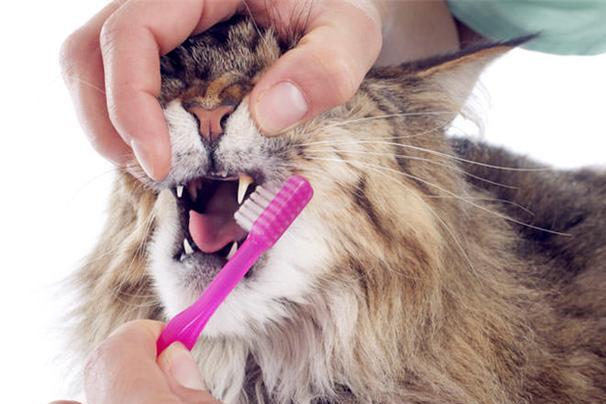Pet Weight Management: Tips for a Fit and Healthy Lifestyle
Maintaining a healthy weight is as important for our pets as it is for us. Just like humans, overweight pets are at risk for various health issues, including diabetes, arthritis, and heart disease. In this article, we’ll discuss the importance of pet weight management and provide you with practical tips to ensure your furry friend leads a fit and healthy lifestyle.

Why Is Pet Weight Management Crucial?
Maintaining a healthy weight for your pet is essential for several reasons:
- Overall Health: Obesity can lead to a wide range of health problems, including diabetes, joint issues, and heart disease.
- Quality of Life: A healthy weight contributes to your pet’s vitality and quality of life, ensuring they can enjoy various activities and play without limitations.
- Longevity: Proper weight management can extend your pet’s lifespan and reduce the risk of obesity-related diseases.
Signs of an Overweight Pet
Before delving into weight management strategies, it’s essential to recognize the signs of an overweight pet:
- Difficulty Feeling Ribs: You should be able to feel your pet’s ribs without excess fat covering them.
- Lethargy: Overweight pets tend to be less active and energetic.
- Labored Breathing: Breathing difficulties, especially during exercise, can be a sign of excess weight.
- Unhealthy Coat: An overweight pet may have a dull, unkempt coat.
Tips for Pet Weight Management
1. Consult Your Veterinarian
Start by consulting your veterinarian to determine your pet’s ideal weight and receive personalized guidance on a weight management plan.
2. Portion Control
Measure your pet’s food portions accurately and follow the feeding guidelines provided by the pet food manufacturer. Avoid overfeeding or giving in to begging behaviors.
3. Choose a Balanced Diet
Select high-quality pet food that is appropriate for your pet’s age, size, and activity level. Avoid excessive treats and table scraps.
4. Regular Exercise
Regular physical activity is crucial for weight management. Engage your pet in daily play sessions, walks, or other forms of exercise that are suitable for their breed and age.
5. Monitor Treats
Be mindful of treats and snacks, as they can contribute to weight gain. Opt for low-calorie treats or consider using small portions of your pet’s regular food as rewards.
6. Slow and Steady Weight Loss
Avoid crash diets or extreme weight loss programs. Aim for gradual, steady weight loss to ensure your pet’s health and well-being.
7. Interactive Feeders
Use interactive feeders or puzzle toys to make mealtime more mentally stimulating, which can help prevent overeating.
8. Regular Weigh-Ins
Keep track of your pet’s weight through regular weigh-ins at the vet’s office or using a pet scale at home.
9. Support and Accountability
Enlist the support of your veterinarian or a professional pet weight management program if needed. They can help monitor progress and make necessary adjustments.
10. Be Patient and Consistent
Weight management may take time, so be patient and stay consistent with your efforts. Celebrate your pet’s achievements along the way.
Conclusion
Pet weight management is a vital aspect of responsible pet ownership. By following these tips and working closely with your veterinarian, you can ensure that your furry friend maintains a healthy weight and enjoys a fit and active lifestyle. A healthy weight not only improves their overall health but also enhances their quality of life and longevity.






